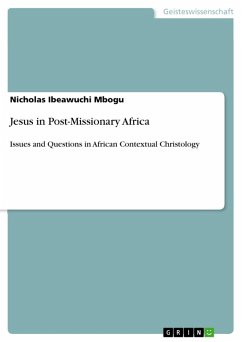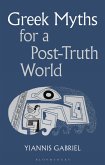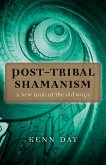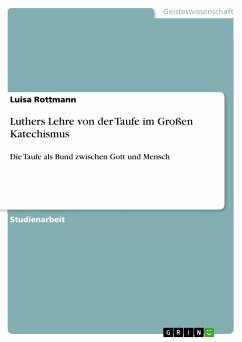Fachbuch aus dem Jahr 2012 im Fachbereich Theologie - Sonstiges, , Sprache: Deutsch, Abstract: Since the 1960s African theology has been a locus of debate on the relevance of the Christian God in African societies. Pioneer African theologians felt the need to protest against what was considered as the disregard or even denial of African religions cultures by Western missionaries. They called for a theology that would take seriously African religious values. The Christological inquiry, that is, the question about how to present Christ meaningfully to Africans has dominated this debate for more than 30 years. This enquiry is based on the assumption that missionary Christianity did not bring God to Africa, rather it brought Christ. Hence presenting Christ through African symbols will help Africans to become Christians without losing their identity. However, there seem to be a shift in the recent times. Young African theologians see the need to move away from a cultural nostalgic anti-missionary theology to a free expression of the Christian faith in such a way that it responds to the Africans' present search for meaning as well as the necessary healthy tension between the Gospel and Cultures. This theology is more critical and kerygmatic. While prlonging the intuition of pioneer African theologians, it seeks to offer broader scriptural and dogmatic bases to faith interpretation in Africa. The book, Jesus in Post-Missionary Africa-Questions and Issues in African Contextual Christology, proposed here by the Claretian theologian, Nicholas Mbogu takes its place in this refreshing shift of emphasis. The author states clearly that our proclamation of God in Africa will be seriously deficient without an adequate Christology. The book is presented in ten chapters. Chapters 1-3 present the origin and development of theology in Africa. It is shown clearly that since the seminal gestures of Black priests who wrote the famous book, Des pretres noirs s'interrogant, 1956, asking whether and how catholicity can integrate the Negritude, African theology has affirmed and consolidated itself as a contextual theology that is mindful of orthodoxy. With dexterity, the author shows the interpretation of theology and historical events, as well as historical science and literature. Political and economic developments, especially the searach for independence and distorted systems of post-colonial government also affected theology in Africa. [...]
Dieser Download kann aus rechtlichen Gründen nur mit Rechnungsadresse in A, B, BG, CY, CZ, D, DK, EW, E, FIN, F, GR, HR, H, IRL, I, LT, L, LR, M, NL, PL, P, R, S, SLO, SK ausgeliefert werden.









